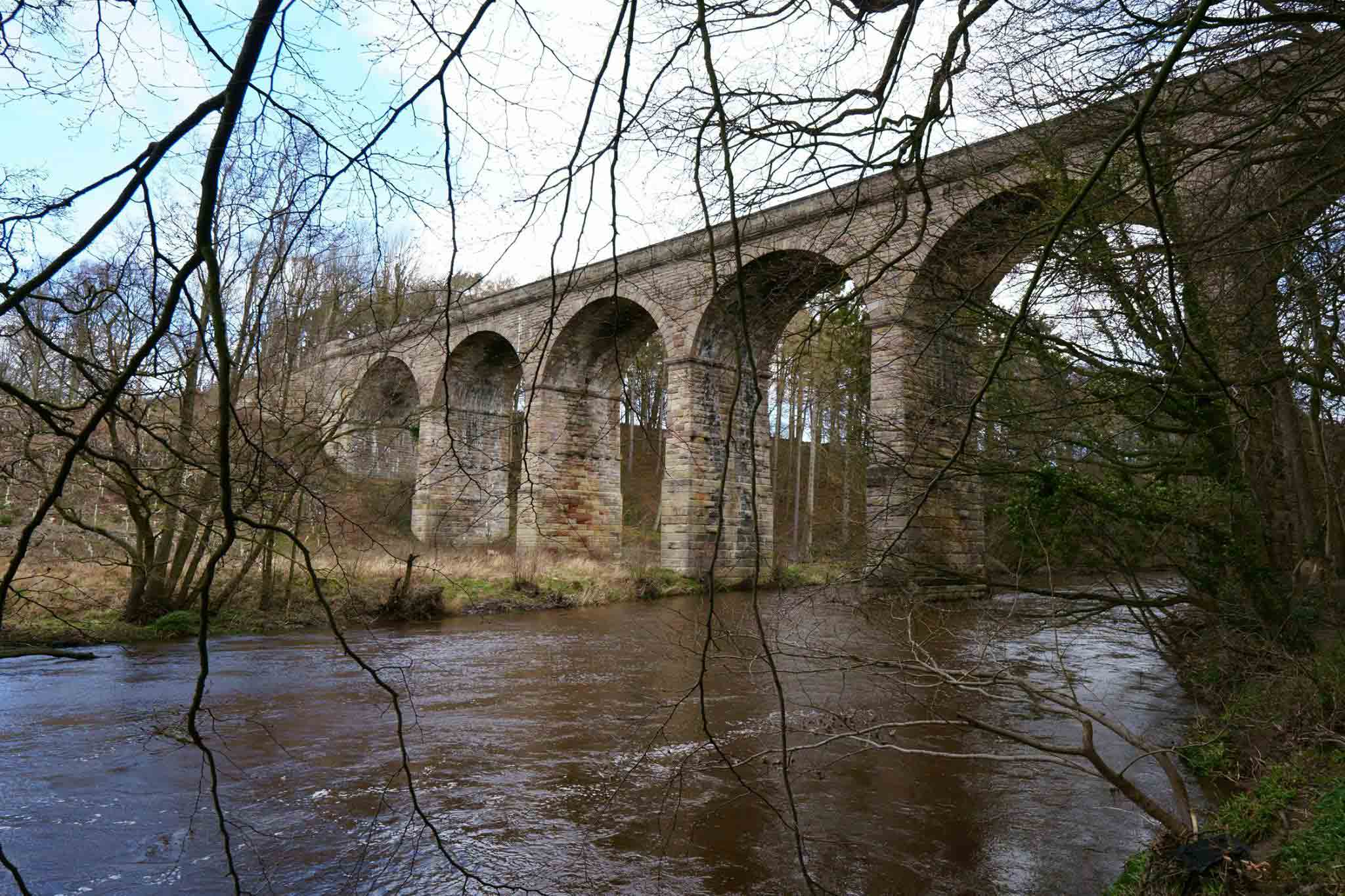80% of the bathing waters in Yorkshire meet the ‘Sufficient’ ‘Good’ or ‘Excellent’ standard
- Across Yorkshire 80% of the bathing waters are rated as Good, Excellent or Sufficient
- 87% of national bathing waters rated ‘Excellent’ or ‘Good’
- 392 bathing waters in England are rated ‘Excellent’ or ‘Good’
- 93% bathing waters have been classed as ‘Excellent’, ‘Good’ or ‘Sufficient’
However, the River Nidd at the Lido has again been rated poor for bathing water quality.
Reforms to regulations will better reflect how the public uses beaches, lakes and rivers
The Environment Agency has today (25 November) published the 2025 bathing water classifications for 449 designated bathing sites in England. 87% meet standards for ‘Excellent’ or ‘Good’ classification, an improvement on 2024, meaning swimmers can benefit from a higher number of better-quality bathing sites than last year.
Overall, 417 bathing waters (93%), were rated ‘Excellent’, ‘Good’ or ‘Sufficient’, representing a slight rise on 2024. 297 sites achieved an ‘Excellent’ rating this year, compared to 289 in 2024, while 32 sites were classified as ‘Poor’, a decrease on 37 last year.
Tom Gordon has commented:
It is deeply disappointing and utterly unacceptable that the River Nidd at the Lido has once again been classified as ‘poor’ for bathing water quality.
This is a cherished spot for local families and visitors, yet year after year it remains unsafe because Yorkshire Water puts profit before our environment.
Enough is enough. Yorkshire Water must face real consequences. That means scrapping OFWAT and replacing it with a regulator that has teeth – one that punishes polluters, enforces the law, stops sewage dumping, and forces proper investment to clean up our rivers for good.
These results are based on the last four years of testing by the Environment Agency which monitors for indicators of pollution known to be associated with risks to bathers’ health, specifically E. coli and intestinal enterococci.
Each bathing water has its own pressures, and many factors can influence bathing water quality including storm overflows, agricultural runoff, birds, dogs and other local issues.
The Environment Agency is continuing work to improve Bathing waters across Yorkshire. For example, during the summer of 2024 a collaborative project between North Yorkshire Council, McCain Foods Ltd, Yorkshire Water and the Environment Agency was undertaken to investigate bathing water quality around both Scarborough South and North Bays.
Samples from potential sources of bacterial pollution were collected alongside the 2024 bathing water compliance samples. All samples were analysed for counts of the bacteria used to classify bathing waters in addition to pollution source tracking through the measurement of specific individual host markers around Scarborough North and South Bays.
The investigation found that bathing water quality at both Scarborough South and Scarborough North is impacted at different times and to different degrees by pollution from a number of different sources including human, ruminant animals (Cows & Sheep) and birds. The investigation also highlighted discharges and run-off into Scalby Beck to the North of Scarborough as being a contributory factor to water quality at both beaches following heavy rain.
Bathing water classifications are taken as an average of 4 years’ worth of data. Although remaining classified as Poor this year there has been an improvement in water quality over the last 2 years at Scarborough South. Going forward the Environment Agency will continue to work with partners on the other identified pollution sources to improve the water quality, which will lead to an improvement in the official classifications.
Alan Lovell, Chair of the Environment Agency, said:
Bathing water quality in England has improved significantly over recent decades, and this year’s results show the continued impact of strong regulation, investment and partnership working.
But we know there is more to do, and the new bathing water reforms will strengthen the way these much-loved places are managed.
The Environment Agency is working closely with Defra to ensure these changes are implemented effectively whilst our teams continue to work with water companies, farmers, councils and local groups to tackle all sources of pollution and support continued progress across sites.
The Environment Agency works closely with local partners at priority sites to tackle all factors influencing water quality. Goring beach in West Sussex is a good example of this partnership working – following EA sampling and information sharing, awareness campaigns by Worthing Borough Council, and Southern Water fixing misconnections, the bathing water has achieved a ‘Good’ classification this year.
Alongside the annual classifications, the government’s new Bathing Water Regulation reforms came into force on 21 November. These reforms are designed to change the ‘one size fits all’ approach and more closely reflect how people use our beaches, lakes and rivers.
The reforms include:
- Ended the old rule that automatically removed a bathing water’s status after five years of ‘Poor’ ratings in a row. Now, when a site is struggling, regulators will look at the issues affecting the water quality and, where possible, work towards finding realistic options for improving it.
- More flexibility to monitoring dates – so that testing can be adapted to suit individual sites and better match when people actually use the water.
- A third reform, which will look at new criteria for bathing waters, will come into force in May 2026 to allow guidance to be fully developed.
Water Minister Emma Hardy said:
Our bathing waters are at the heart of so many communities, and these reforms will help people experience the benefits of our beautiful waters and connect with nature.
By ending automatic de-designation and bringing in more flexibility to when waters are monitored, we’re creating a system that reflects how people actually use their local rivers, lakes and beaches.
These changes sit alongside our wider action to clean up our waterways so communities across the country can enjoy the places they care about most.






